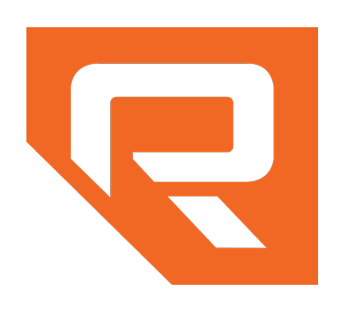More From the USPTO on Subject Matter Eligibility and AI-Related Inventions
On July 17, 2024, the USPTO published “2024 Guidance Update on Patent Subject Matter Eligibility, Including on Artificial Intelligence,” 89 FR 58128, providing updated examination guidance. The updated guidance includes new AI-related examples analyzed for patent subject matter eligibility under the USPTO’s test, as well as a collection of Federal Circuit cases on the broader topic of subject matter eligibility for abstract ideas. The updated guidance does not indicate any shift in the USPTO’s approach on this subject, but it does provide guidance regarding how that approach will be applied to AI-related inventions and adds summaries of recent cases involving abstract ideas.
Regarding the general approach to subject matter eligibility, the USPTO provides some slightly revised flowcharts for the process:
One nice feature of the revised flowcharts is the inclusion of the steps of the Alice/Mayo test on the flowcharts, hopefully putting to rest confusion engendered by the different step numbering applied by the USPTO test and the Alice/Mayo test. (Step 1 of Alice/Mayo corresponds to Step 2A of the USPTO approach, and Step 2 of Alice/Mayo corresponds to the USPTO’s Step 2B.)
The guidance is accompanied by three new AI-related subject-matter-eligibility examples (examples 47-49), Example 47 involves claims for using AI (including application-specific integrated circuits and artificial neural networks) to detect anomalies in data that deviate from expected data or from a general pattern, and includes two eligible claims, and one ineligible claim. Example 48 involves AI analysis of speech signals, and also includes eligibility analysis on three claims (two eligible and one ineligible). Example 49 involves fibrosis treatment, using AI to determine an appropriate treatment for glaucoma patients. Four claims are analyzed, with two indicated as eligible subject matter, and with the other two indicated as ineligible.
The subject matter eligible claims in the new examples emphasize claim elements that involve technical solutions to technical problems. This underlines the importance of drafting patent applications that include support for claiming practical applications of the invention, to provide a good basis for supporting eligibility under Step 2A, Prong Two, of the USPTO’s analysis.
Regarding the issue of AI-assisted inventions, the guidance emphasizes that “how an invention is developed is not relevant to the subject matter eligibility inquiry.” The USPTO addressed the issue of inventorship of AI-assisted inventions further in examination guidance that was issued in February 2024, and that was the subject of an earlier piece, “New USPTO guidance on AI-assisted inventions”.
In addition to the AI-related examples, the new USPTO guidance gathers and summarizes recent Federal Circuit cases involving abstract ideas, and their relation to subject matter eligibility. The cases involve all three areas abstract ideas – mathematical concepts, methods of organizing human activity, and mental processes.
The latest guidance will eventually be incorporated into the Manual of Patent Examining Procedure. However, it is in effect already, and its issuance emphasizes the need to stay up to date, in order to prepare a patent application that is well-positioned for successful examination.
At Renner Otto, the oldest intellectual property firm in Cleveland, we specialize in assisting our clients as they develop efficient Intellectual Property strategies that are tailored to their business’s needs. This includes our client’s need to police and enforce their intellectual property rights.
Our attorneys are knowledgeable on a wide range of domestic and international IP issues, and we partner with Firms around the world to better serve our clients. Someone from the Renner Otto team would be happy to discuss this topic or any related Intellectual Property matters. Contact us for a complimentary consultation to see how we can help your business move your innovation forward.
The attorneys at Renner Otto strive to be authorities in all matters concerning the ever-evolving landscape of Intellectual Property; however, the information provided on our website is not intended to be legal advice, nor does it create an attorney-client relationship.



